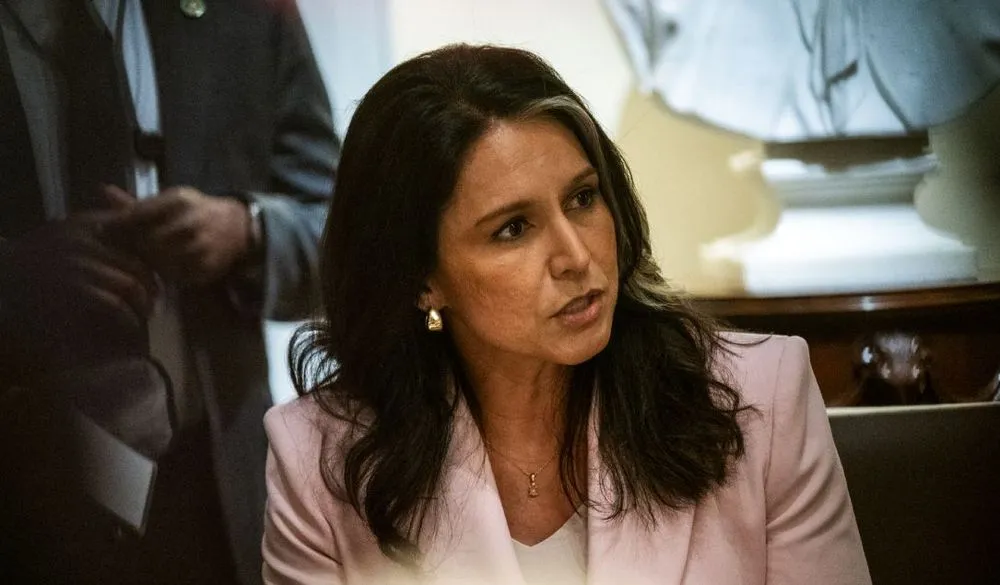Lawmakers call on DNI to review intel sharing with Spain over Huawei revelations
The chairs of the House and Senate Intelligence panels this week asked the country’s spy chief to scrutinize any intelligence information the U.S. shares with Spain after the disclosure the country’s wiretap system is underpinned by Huawei technology.
The Chinese government could use its information-sharing laws to force the telecom giant to assist Beijing’s vast intelligence apparatus, Sen. Tom Cotton and Rep. Rick Crawford, both Republicans from Arkansas, wrote in a July 16 letter to Director of National Intelligence Tulsi Gabbard.
“In essence, Huawei and the CCP could have backdoor access to the lawful intercept system of a NATO ally — enabling them to monitor Spanish investigations of CCP spies and innumerable other intelligence activities,” they warned.
This headline is almost unimaginable. By leveraging a known agent of the CCP to collect and store insurmountable amounts of sensitive data, Spain has made itself vulnerable to clear threats to the security and sovereignty of not only itself but allies around the world. With every…
— Rep. Rick Crawford (@RepRickCrawford) July 14, 2025
Huawei and the Spanish Home Ministry did not immediately respond to requests for comment.
The GOP missive comes days after a report by Spanish digital new outlet The Objective that found the country’s interior ministry paid Huawei €12.3 million ($14.6 million) to maintain judicial wiretaps.
Cotton and Crawford noted that since President Donald Trump’s first term in office the U.S. “has waged a whole of government effort to remove the threat Huawei equipment poses to American networks, infrastructure, and privacy.”
“Until Spain follows suit, the U.S. government should ensure that any information shared with the Spanish government is redacted of details that should not be shared with the CCP.”
Martin Matishak
is the senior cybersecurity reporter for The Record. Prior to joining Recorded Future News in 2021, he spent more than five years at Politico, where he covered digital and national security developments across Capitol Hill, the Pentagon and the U.S. intelligence community. He previously was a reporter at The Hill, National Journal Group and Inside Washington Publishers.



